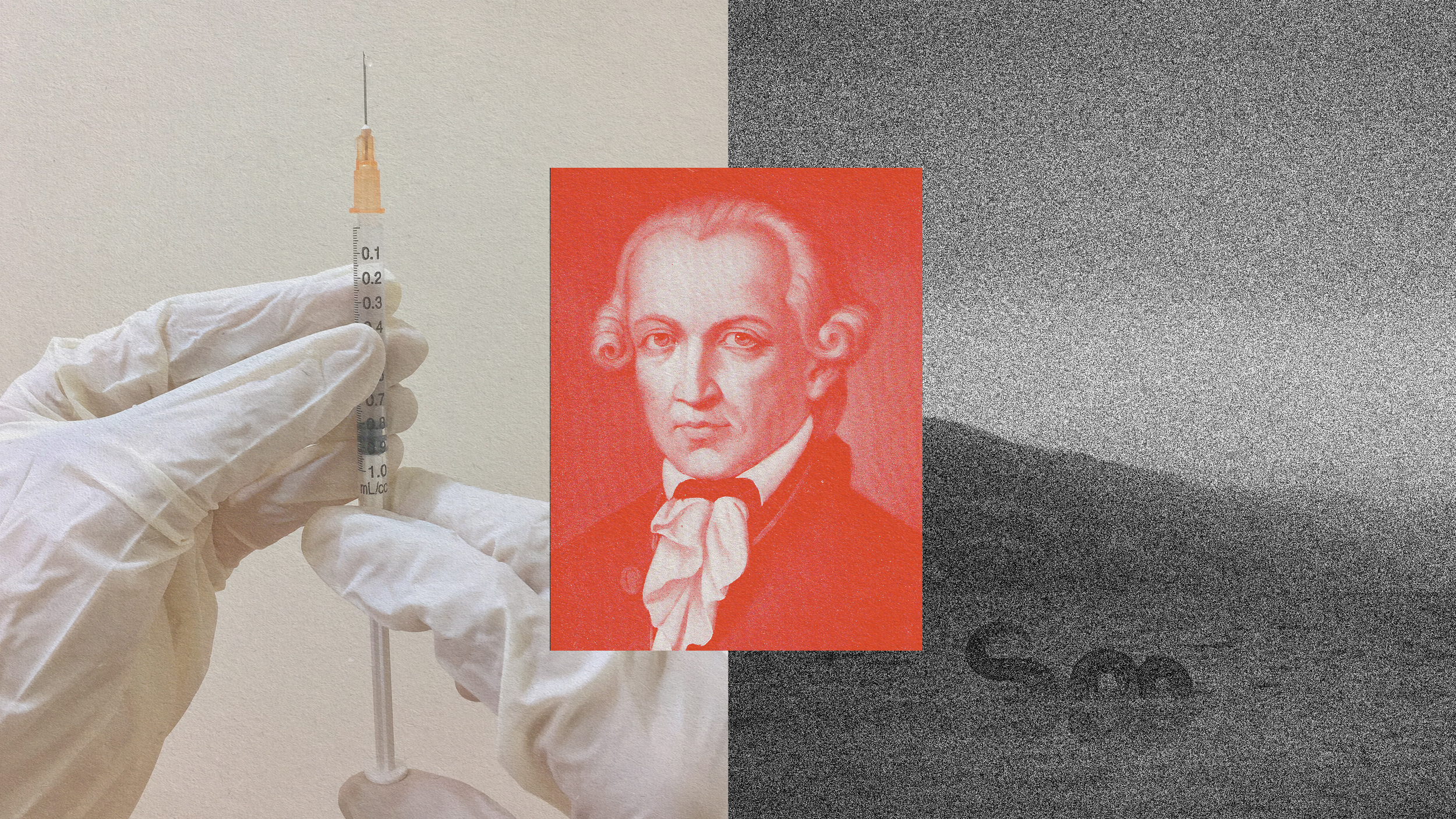We can’t point the finger at politicians and regulators for this crisis; they never have any ideas of their own, says Lord Robert Skidelsky.
Question: Where does the bulk of the blame lie in this financial crisis?
Robert Skidelsky: I committed myself in my book, Keynes: Return Of The Master, to the view that the blame lies chiefly with the economists, because of my conviction that ideas matter and that other people, they're not just puppets of ideas, but what goes on in their heads, what they think about the world, is really provided by the thinkers and in this case, the economists. And that shapes their actions to an extraordinary degree. It's not enough say, "Look, bankers were immensely greedy and that they committed lots of frauds." I mean, that's not, they were set free, that sort of particular proclivity in human nature was set free to do its best and its worst. Well, who set it free? Well, obviously regulators and governments. But politicians and regulators are consumers of ideas. They never have any ideas of their own, it would take too much like hard work to develop ideas, you get them off menus and you pick the ones that suit you.
And so they were they, so there was this chain, and I think that was the important thing, and if you like, financial intermediation, financial services were set free to go beyond their rightful place, a place by which they have been restrained in the past. And I think in the periods when they were restrained, economies were much more stable than they became later on. So that's my basic answer, it's the ideas that are important.
Question: If Keynes were still alive, would he have prescribed a different approach in the early stages of the crisis?
Robert Skidelsky: I think by the time you're in a hole, I mean, the crises, remember, came on very, very suddenly. You could say it had been germinating for the previous year, of course, people were alert to things even in 2007, but, you know, it then hit with a thunderclap and within a month it was as the whole of the western banking system was about to be wiped out. And that's when they came in very, very fast, governments, and central banks. And then after that, they had to say, "Okay, now we're in this whole, how do we sort of nudge economies out of it?" Because economies were, by this time, on a life support system, the banks were on a life support system and the real economy was starting to be on a life support system. So Keynes, I think, would've actually approved of, I think some things he would've done in a different way. But, you know, go back to the old, old question, it's almost no use asking what would he have done in detail, because things have changed. But it's the spirit, his analysis, and the spirit in which he would've tackled these problems that are important and I think he would've been on the side of expanding always when you're sliding down, rather than buttoning up your coats and saying we must tighten our belts, because I think he would've that would bring us even lower than we've gone.
Recorded on December 16, 2009





